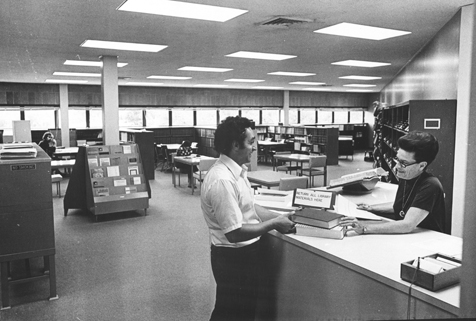
Faculty Research 1970 - 1979
Dietary, bacterial, and host genetic interactions in the pathogenesis of transmissible murine colonic hyperplasia.
Document Type
Article
Publication Date
1977
Keywords
Animals-Laboratory: ge, Citrobacter: py, Colonic-Diseases: mi, mo, ve, Diet, Enterobacteriaceae-Infections: mi, mo, ve, Hamsters, Hyperplasia, Mice: ge, Mice-Inbred-Strains, Rats, Rats-Inbred-F344, Rodent-Diseases: mi, mo, Species-Specificity, SUPPORT-U-S-GOVT-P-H-S
First Page
938
Last Page
945
JAX Source
Lab-Anim-Sci. 1977 Dec; 27(6):938-45.
Abstract
Transmissible murine colonic hyperplasia, cuased by a variant of Citrobacter freundii (4280). was shown to be modified by diet and by host strain and species. Four different diets fed to mice inoculated with C frundii 4280 were found to have a significant but varying influence on the severity of hyperplasia. Diet also influenced the colonic crypt height of uninoculated, control mice. F344 rats, Syrian hamsters, and NIH Swiss [N:(S)], C57BL/6J, C3H/HeJ, and DBA/2J mice were inoculated with C freundii 4280. Marked strain differences were noted in the mice in mortality and severity of the colonic hyperplasia. The NIH Swiss mice had the greatest and the C57BL/6J mice had the least mucosal hyperplasia. The rats and hamsters did not develop disease or maintain infection after inoculation with the organism. Twenty isolates of Citrobacter from a range of biologic sources were inoculated into susceptible mice, but only mice inoculated with C freundii 4280 developed the disease.
Recommended Citation
Barthold SW,
Osbaldiston GW,
Jonas AM.
Dietary, bacterial, and host genetic interactions in the pathogenesis of transmissible murine colonic hyperplasia. Lab-Anim-Sci. 1977 Dec; 27(6):938-45.

